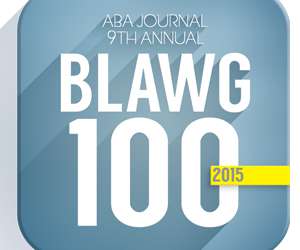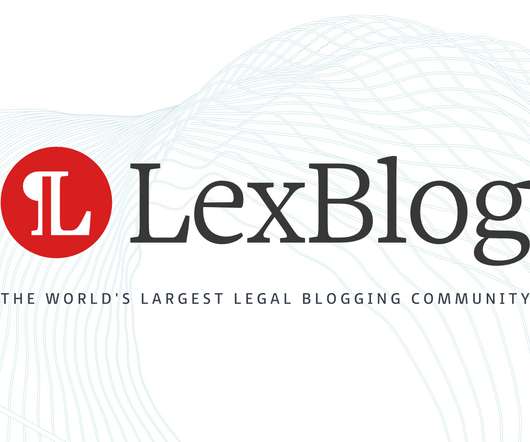Another Maryland threat to bank partner model lending
CFPB Monitor
MAY 6, 2021
A Maryland administrative action recently removed to the state’s federal district court illustrates how Maryland law continues to present challenges for the bank partner structure used by many lenders. The new Maryland matter demonstrates that participants in bank model programs continue to face state licensing threats.














Let's personalize your content